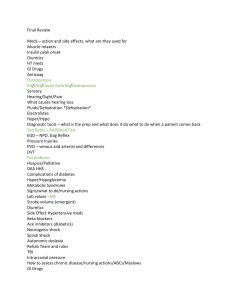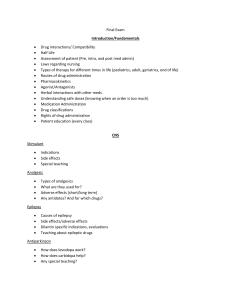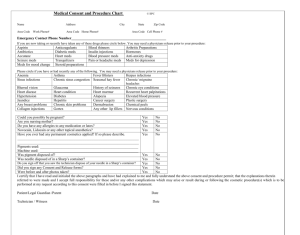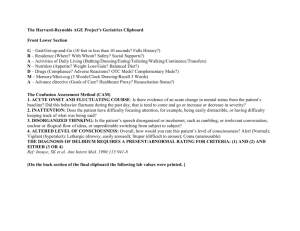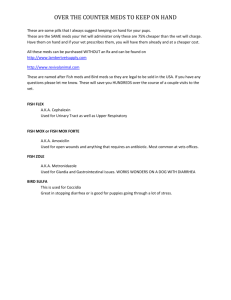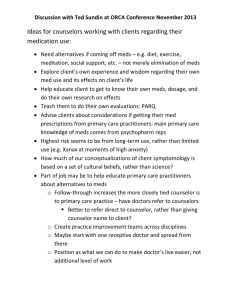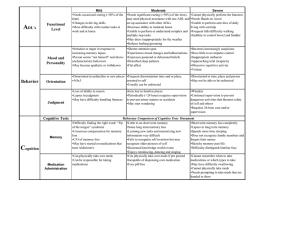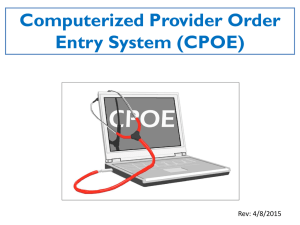Pediatric Neurology Therapeutics
advertisement
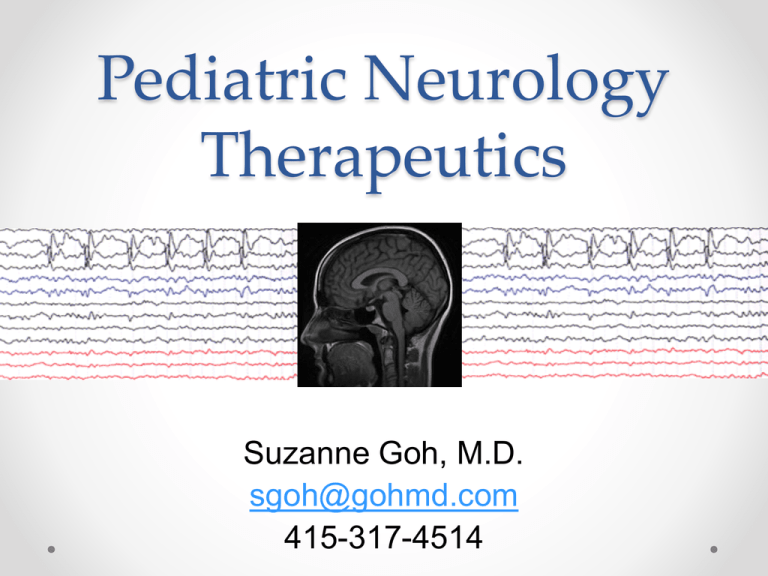
Pediatric Neurology Therapeutics Suzanne Goh, M.D. sgoh@gohmd.com 415-317-4514 OVERVIEW When should I refer a child to a pediatric neurologist? 1 Unusual movements or “spells” 2 When thinking about meds for problem behaviors 3 Complex cases When to refer… 1 Unusual movements or “spells” o Seizures o Tics o Other movement disorder …how are these different from stereotypies? Medications for problem behaviors 1 Combinations of meds at low doses sometimes work better than single meds at high doses 2 Challenges with long-term use (side effects, lose efficacy over time, higher and higher doses needed, tapering off) 1 Potential alternatives to meds (supplements, acupuncture, neurofeedback, etc.) *supplements may be needed during psychopharm therapy to counteract med toxicities (e.g. carnitine) 2 Trying relationship-based behavior programs in addition to ABA-based Complex Cases • Multiple neurological symptoms o o o o o o Intellectual disability Epilepsy Low tone, incoordination, weakness Headaches Vision and hearing problems Movement disorder, tics, etc. • Multi-system dysfunction • Minimal improvement with behavioral and educational intervention Complex Cases The more severe and complex the phenotype, the more likely a causative mutation can be found. Researchers identified a form of autism (with epilepsy and intellectual disability) that is likely treatable with dietary amino acid supplementation. 80% of children with autism had blood tests showing mitochondrial dysfunction mitochondria
